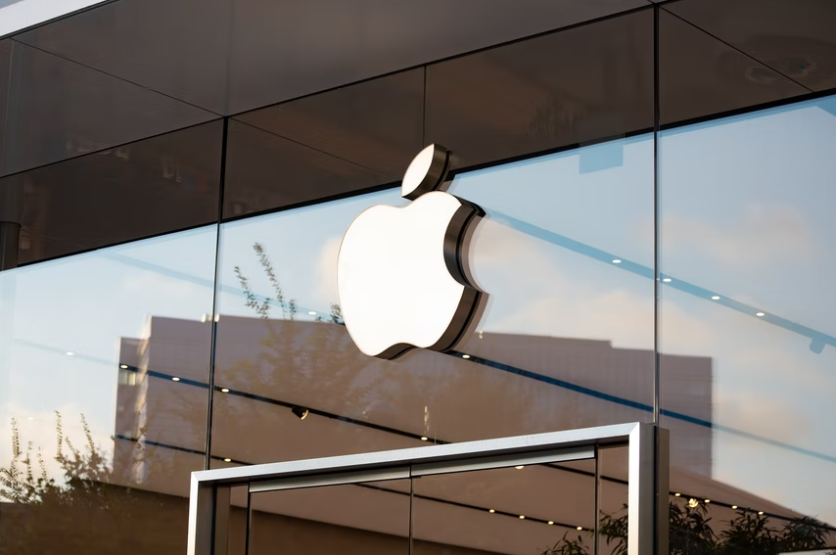
Foxconn is starting to recruit iPhone 14 assembly workers earlier than usual in China, as per Apple's request, according to Taiwanese media reports.
The manufacturer is also boosting the recruitment of those working on iPhone 13 production at its plant in Zhenzhou.
Foxconn is Recruiting Workers Weeks Early
According to 9to5Mac, Foxconn has responded by increasing its recruitment bonus by 30% in what is generally known as an off-season for iPhone production.
United Daily News reported that there would not generally be the recruitment of iPhone workers at this time of the year. Still, Foxconn's main iPhone assembly plans are in its Zhenzhou facility.
Apple wants to increase the capacity to balance out the lost production of iPhones elsewhere.
Foxconn usually offers a recruitment bonus of $984 to workers who remain in post for three months, but the manufacturer has now increased the bonus to $1,286. While these bonuses may seem small, the increased amount is well over a month's average salary.
The iPhone assembler has a range of COVID-19 precautions in place, including a negative test being required for those entering the plant, may they be a visitor or worker, according to Apple Insider.
One of the main tactics adopted by the manufacturer has been what is known as closed-loop production. Most factory workers live in accommodation, remaining there for weeks to ensure that they cannot be exposed to infection outside the factory.
A looser version, followed in areas of lower risk, allows workers to be directly transported to and from home.
Apple is said to be liaising with the regional government to agree to these and other methods of allowing iPhone production to continue through future outbreaks.
While the government aims to eradicate the infection from China, most are skeptical about the feasibility of this goal, and the population is growing frustrated with the restrictive lockdowns.
Effects of Lockdowns on Apple
Apple warned during its recent earnings call that a range of headwinds would cost the iPhone maker somewhere in the region of $4 billion to $8 billion in the current quarter. The range is larger than what Apple had experienced in the first quarter of 2022.
Foxconn said that supply constraints that were caused by COVID-related disruptions and industrywide silicon shortages are impacting their ability to meet the customer demand for the Apple products.
Apple's CEO Tim Cook said the five factors that concerned the company were component shortages, exchange rate weaknesses, COVID-19 disruption, loss of Russian sales, and inflation reducing consumer spending power.
Cook added that the "real nightmare scenario" would be major shortages and disruption during iPhone 14 production, so it makes sense that the company would aim to bring assembly capacity online earlier than usual to help mitigate the risk.
Analysts are optimistic about this move, but one did warn that the exchange rate challenge may force the tech giant to raise product prices outside the United States, which could mean that both iPhone supply and demand are affected.
Apple may even increase prices when the new products launch in mid-2022 if the exchange rates do not change.
Related Article : Foxconn, Apple's iPhone Supplier, Says Chip Shortage Will Last Until Mid-2022, and Warns Company Revenue Will Fall 15%
This article is owned by Tech Times
Written by Sophie Webster




![Most Useful Google Chrome Keyboard Shortcuts You Need to Know to Improve Your Browsing Experience [2024]](https://d.techtimes.com/en/full/449047/most-useful-google-chrome-keyboard-shortcuts-you-need-know-improve-your-browsing-experience-2024.jpg?w=184&h=103&f=476d29fd60df70a67f6679f99a2ca6d0)